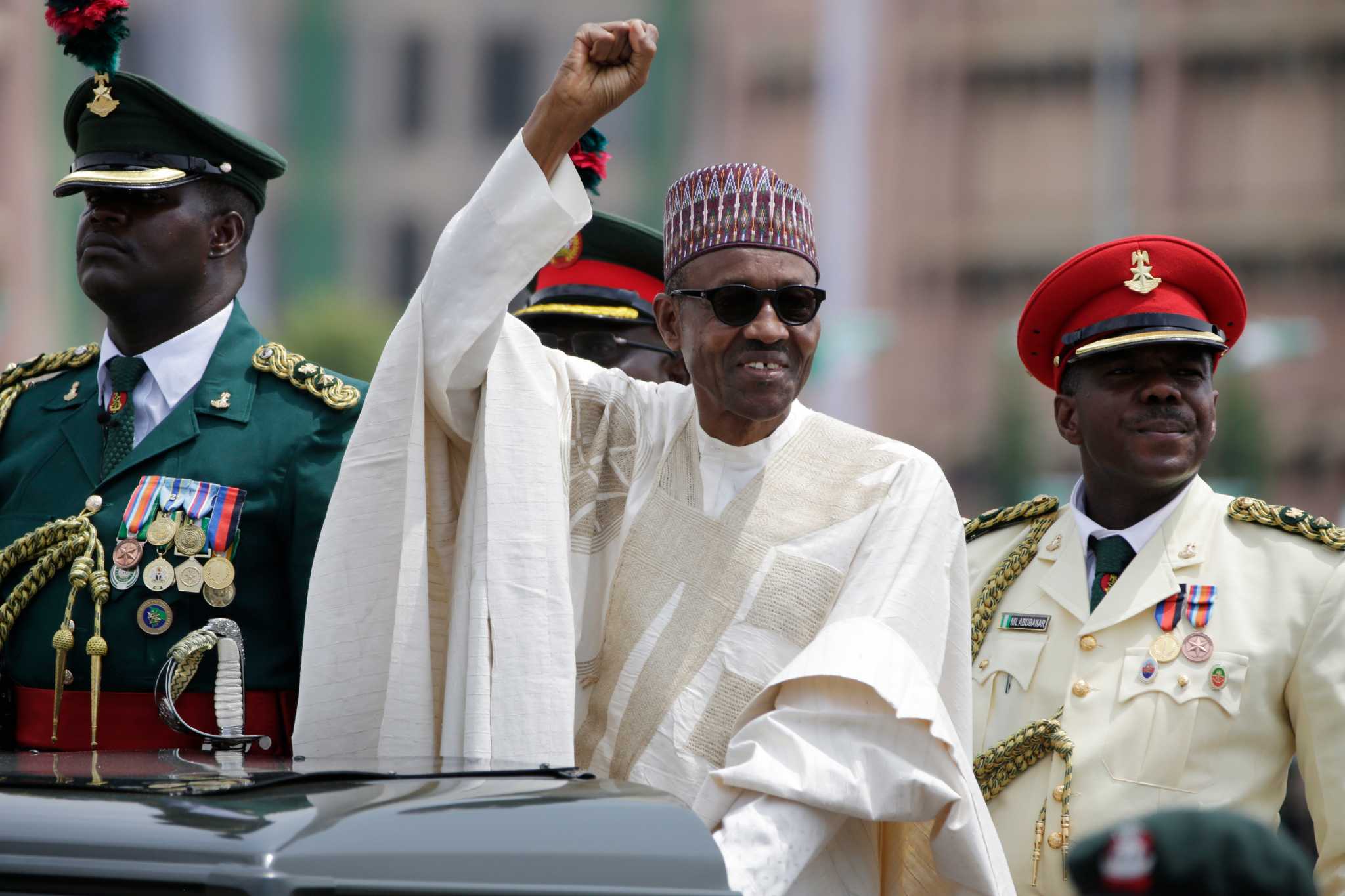[dropcap]N[/dropcap]iccolo Machiavelli was so practical in his understanding of power in his time that centuries after, his writings still make a lot of sense even in the 21st Century, and would most likely remain so in centuries to come.
In his treatise, The Prince, Machiavelli correctly captures the Nigerian situation when he posits that “men change their rulers willingly, hoping to better themselves, and this hope induces them to take up arms against him who rules: wherein they are deceived, because they afterwards find by experience that they have gone from bad to worse”.
Make no mistake about it, much of the 16 years of democracy before the coming of the Muhammadu Buhari administration did not live up to expectation. Like Nelson Mandela, Olusegun Obasanjo, as the first civilian president in the current democratic dispensation, had the opportunity to end the dark decades of military dictatorship and the corruption and impunity that accompanied them. But it was an opportunity betrayed.
That regime killed internal democracy in the Peoples Democratic Party, PDP, as party leadership was enthroned and dethroned at one man’s pleasure, with some, such as Chief Audu Ogbe, allegedly surrendering at gunpoint. High profile political killings were rife in that era, the electoral process was practically hijacked, and impunity and corruption regained momentum. It is a familiar narrative.
Although many things went wrong under former President Goodluck Jonathan, we have to give it to him that Nigeria witnessed monumental electoral reforms that cleaned the process and empowered the election management body to the extent that the PDP became the weeping child in the last general elections, which it eventually lost. He was the first to congratulate the opposition each time they won elections, even in PDP strongholds.
Opposition was highly tolerated, while mass massacre and extrajudicial/political detentions were strange. In fact, democratic rights and freedoms flourished so much so that abusing the President became a past time for the opposition and their propagandists.
These rights and freedoms, not roads and infrastructure, are the real gains of democracy. Dictatorships such as in Libya under Gadaffi had done better infrastructure than most democratic states in Africa.
However, not satisfied, the All Progressives Congress, APC, invaded the political landscape with its ‘Change’ mantra. Sadly, the nation was so hypnotized that very few cared to ask what manner of change was in the offing. Even the incumbent President, Muhammadu Buhari who did not speak for more than two minutes at any of the campaign grounds, shunned the Presidential Debate where he could have been questioned on how he intended to deliver on APC’s litany of campaign promises.
APC’s propaganda machines mobbed a few who asked questions. Finally, they took over power in May 2015. The worry now is that the change being delivered was never what Nigerians bargained for: fisticuffs in House of Reps chambers by APC pugilists, bloated budget for Presidential upkeep (from N6.6 billion under Jonathan to N18 billion), fuel scarcity, chickenfeed reduction in fuel pump price, N280 exchange rate for one US Dollar, clearly lopsided appointments, appointment of kinsman as INEC Chairman, selective anti-corruption war, brazen diregard for court orders, and general contempt for the rule of law, etc.
Worst of all, unlike Machiavelli who believes that “There is no way to guard yourself against flattery than by making men understand that telling you the truth will not offend you”, President Buhari and his APC keep warning Nigerians by their words and actions that the shortest route to the Directorate of State Security (DSS) and Economic and Financial Crimes Commission (EFCC) dungeons is to tell them truth or oppose even the craziest and most tyrannical, and unconstitutional policies, actions and pronouncements of the government.
For instance, the National Chairman of APC, Chief John Odigie Oyegun, pressed home this zero-tolerance for opposition and criticism, while reacting to PDP’s description as tyrannical the declaration by Buhari that Nnamdi Kanu must remain in detention despite contrary position by the courts on that. Odigie warned that the APC would no longer condone a situation where the PDP or anybody would be hurling insults at the President.
But, if disobedience to court orders is not tyranny, what else is? Yet, while in opposition, the APC made calling ex-President Jonathan unprintable names a past time.
As the Interim National Scribe of the APC, the current Governor of Kaduna State, Mallam El Rufai called Jonathan a “lazy, docile, incompetent, clueless, hopeless, and useless leader”.
To make good their threat to trample on the opposition and punish PDP’s National Publicity Secretary, Olisa Metuh, for criticizing APC and its government, the EFCC clamped down on the spokesman three days later. Only a tyrant would take people to court and pronounce them guilty instead of waiting for judicial due process; and when the court says otherwise, he rearrests them and throws them back into the dungeon.
Buhari said the Director of Biafra Radio, whom he disdainfully referred to, as “the one they call Nnamdi Kanu”, was not qualified to enjoy freedom granted by the courts because he allegedly imported broadcast equipment into the country. Buhari has suddenly forgotten about the guerrilla broadcast outfit- “Radio Chanji”- which promoted APC and its Presidential candidate. Broadcasting from an unknown destination, the station was busy inciting the masses of the North in the build up to the 2015 general election.
It was positioned to incite the mob to violence in the event that the opposition lost the election. The radio is to be largely blamed for the various incidents of the stoning of ex-President Jonathan in parts of the North during the campaigns. Today, the man then suspected to be the proprietor of the illegal radio has been honoured with an appointment, while Nnamdi Kanu is under lock and key.
Lawal Abdulkarim is a public affairs commentator. He lives and works in Lokoja in Kogi State.
The opinions expressed in this article are solely those of the author.







